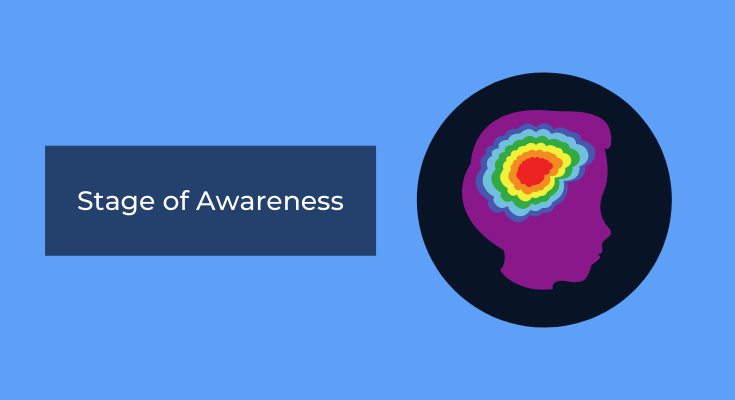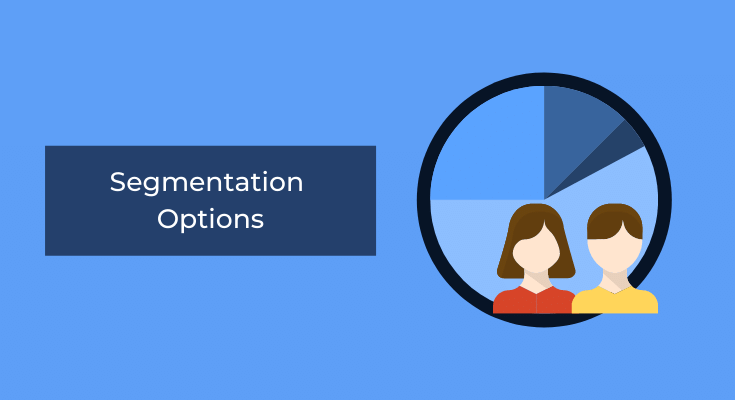LinkedIn Ads vs Google Ads : Which Gives You the Best Return ?
Are you weighing the merits of investing in LinkedIn ads vs. Google advertisements? Which platform is the best option?
One of the best tools for the growth of your business is paid advertising. When used effectively, paid advertisements produce quick results that convert leads into paying consumers in a matter of clicks. But when you first start out, it can be challenging to choose where you should invest in advertising.
Because of this, we'll assist you in deciding which is superior in this article: LinkedIn advertisements versus Google ads. You ought to know more about which platform is superior by the end of this article, as well as which one is best for your particular requirements.
Are you prepared to begin? Let's begin straight away!
Which is better between LinkedIn ads and Google ads?
The fact that everything is contextual makes it difficult to determine which pay-per-click (PPC) platform would provide you with the best ROI. Specifically, increasing conversions from your adverts will depend on things like:
Awareness Level of the Audience
Options for segmentation
Cost
Let's use that backdrop to examine LinkedIn and Google adverts.
Audience
Google has a big audience since it is the most popular search engine in the world, holding over 90% of the market. While not bad, LinkedIn's user base of around 800 million is a drop in the bucket when compared to Google's power.
That sizable viewership, though, might not work in Google's advantage.
Reaching the correct individuals can be challenging when using Google Ads because there are so many options available. You're unlikely to achieve the return you want if your ads aren't appropriately targeted.
The target market on LinkedIn, however, is already considerably more focused.
The ads on LinkedIn, a professional networking site, can help you expose your brand to decision-makers while they are focused on their jobs. Being able to target your LinkedIn advertising by job title, industry, and firm size is a true gift if you own a B2B company.
Google's practically limitless user base makes it a desirable option for PPC advertising for businesses with a wide appeal. LinkedIn might be a better choice for B2B organizations trying to connect with the right professionals.
Stage of Awareness
Depending on who you are targeting, you may decide to run your PPC ad on LinkedIn or Google. However, you also need to take into account the level of awareness of the target audience for your advertising effort.
Google's ability to put you in front of people who are already aware of solutions is one of its advantages. In other words, individuals are already aware of their issue and that a remedy is available. To help them focus on the goods and services that will offer that solution, they have turned to Google.
As a result, convincing folks to test your brand doesn't require as much effort from your Google advertisements. Searchers are significantly more likely to be open to learning about your offerings because they are already in the research phase.
On the other side, users use LinkedIn mostly to network, stay current on industry news, and promote their skills. Additionally, they can be promoting their own business (or find a job). Therefore, even though the audience is more focused, neither the problem nor the solution are necessarily known to them.
This means that it will be more difficult for your LinkedIn advertisements to succeed if you want to attract customers who are further along in the purchasing process.
This is not to suggest that LinkedIn advertising don't generate leads; they very definitely do. Just keep in mind that what works on Google Ads might not work on LinkedIn, and vice versa, when creating your ad campaigns. Additionally, it can imply that one of them is a better fit for your business than the other.
Audience Segmentation Options
As marketers, we adore situations in which we are able to pinpoint our audience. In order to obtain as many conversions as possible, it implies that we can be very targeted with our ad messaging, customize our landing pages, and truly optimize the entire ad campaign.
The targeting possibilities offered by LinkedIn have already been briefly discussed, but it's important to go over this topic again. Of all PPC advertising channels, LinkedIn has some of the most extensive audience segmentation.
People share a lot of personal information on the platform, including their employer, job title, education level, work experience, location, and even their passions. Additionally, as users begin participating in discussions and joining groups, LinkedIn collects a ton of juicy information that you can use to target your adverts to the precise individuals who are most likely to make a purchase.
Of course, Google also possesses a ton of information about its users. But compared to LinkedIn, Google Ads offers less segmentation choices. To place your ads in front of the appropriate audiences, you must be knowledgeable in your field.
You're more likely to see clicks from people who won't ever become customers with Google than with LinkedIn, even when your audience segments are perfect. The cost of your advertising campaign is, of course, increased by each of those unqualified clicks, so the fewer you receive, the better.
If we only consider how user-friendly it is, LinkedIn also wins. It takes talent and experience to choose the ideal audience for your Google Ads, but it's far simpler to begin started with LinkedIn.
Cost
Whether you are using LinkedIn or Google for your efforts, advertising costs money. Although you still have a budget to deal with, the cost may very well be a decisive factor, especially for smaller businesses, even though the return on your advertising is theoretically more essential than your actual spend.
Due to the auction process used by both LinkedIn and Google Ads, you must outbid other marketers in order to reach your target market. As a result, depending on how fiercely competitive your niche is, the precise cost of your advertising will change.
You can select between being billed by clicks or by impressions on both platforms. You can also send adverts directly to people's inboxes using LinkedIn. If you select this option, you will be charged for each send.
You may be confident that you'll never spend more than you can afford by using Google to create a monthly budget cap.
Although these are made to pace the cost to maximize the campaign's impact, LinkedIn also includes budgeting options. In other words, on some days, your advertising expenses may be up to 50% more than your daily goal budget. In order to keep the entire campaign inside your planned limit, other days will see substantially lower spending.
Google often costs less than LinkedIn, though. Generally speaking, you should budget $1 or so per click when using Google Ads. It can be significantly more with LinkedIn, at an average of $5 per click.
The difference between the returns from your LinkedIn ads and your Google ads will determine whether the additional expense is reasonable. B2B businesses with a clear target market in mind may discover that LinkedIn has higher conversion rates.
To determine what is most effective for their brand, other businesses will need to test the waters and compare the results.
To sum up, there is no right or wrong response to the query "Google advertisements vs. LinkedIn ads." Your audience, your requirements, and the amount of time you have to devote to learning how to target the proper leads will all be factors.
But the fundamental question still remains: how can you precisely track the ROI of your paid advertisements to make sure you're not losing money?
Tracking Your Paid Ads’ ROI
How well you manage the data will determine how successful your PPC marketing campaign is. Paid advertisements make this even more important, even though it is true for every marketing campaign you do.
This is due to the fact that you are continuously investing funds that, unlike content marketing, have a glaring indicator of success: did more money come in than money go out?





Post a Comment for "LinkedIn Ads vs Google Ads : Which Gives You the Best Return ?"
Post a Comment